To: Dearest Mary; From: Sam
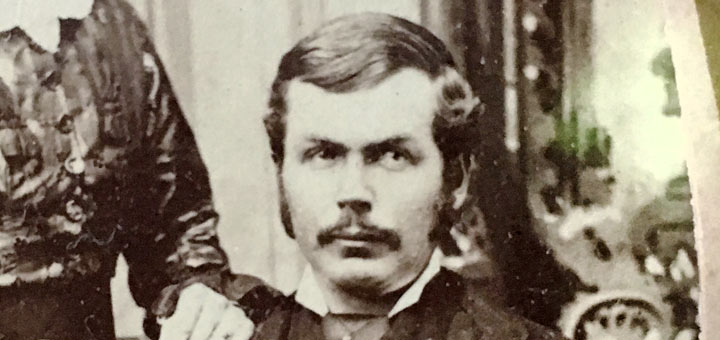
Not all the articles on this website are about Hagenbuchs. There are stories to be shared about allied families that are interesting and shed light on the lives that were led by our ancestors. Hannah “Sechler” Hagenbuch of Montour County, Pennsylvania (b. 1889 and married to Clarence Charles Hagenbuch b. 1889) was the daughter of Samuel H. Sechler (b. 1855) and Mary “Davis” Sechler (b. 1852). I am in possession of 50 or more letters that were kept by Mary Sechler and passed on through the family. Some of the correspondence is from Mary’s parents, sister, and acquaintances. Several of the letters are between Mary and her future husband, Samuel Sechler.
The earliest letter written between these two people who married on Dec. 1, 1880 is dated Nov. 29, 1879. The envelope is postmarked Dec. 1 and addressed to “Mary C. Davis, Milton, North’d Co., PA”.
Limestoneville, Nov. 29/79
Friend Mary,
Excuse the liberty I take in addressing these few lines to you hoping they will be received with as much pleasure as I take in writing them. Would you please allow me the pleasure of corresponding with you in a respectable and honorable manner. As I esteem that pleasure above all other.
Well, Mary I suppose you will think I have plenty of “Cheek” to ask so much of you on such a short acquaintance. But Mary I will tell you the honest truth I have always liked you since the first time I saw you. But I was to (sic) backward to show it in your presence.
I know not your feelings toward me but I await your answer impatiently.
I remain yours to command. Samuel H. Sechler Limestoneville Montour Co Pa
P.S. Allow me the pleasure of calling
Inside the letter was a small folded piece of paper and inside that was a piece of newsprint with the inscription: “Alas! Alas! I sigh in vain, For one whose love I ne’er can gain.” This insert is referenced in the letter which Mary writes on Dec. 7, 1879 as a reply to Samuel’s requests. It is postmarked Dec. 9, 1879 and addressed to “Mr. Samuel H. Sechler, Limestoneville, Montour County, Pennsylvania”. Following is that transcribed letter. Note that Mary’s letter has several misspelled words and grammatical errors, whereas Samuel’s Nov. 29 letter has only one.
Pleasant Vallie (sic), Dec. 7, 1879
Friend Samuel,
I received your letter last Eve and Perused it with Pleasure. Your candid and Strenght (sic) forward way of Stating your case was of pleasure in itself and I will correspond with you as you desire hopeing (sic) as we exchange Idies (sic) it may add to our Happiness. I have thought of you as A Friend since our acquaintance but can not express myself as plainly as you have done. A present in answer to your last question. I will be Pleased to have you call when you Please. Don’t laugh at this Paper. I spoiled all the rest excuse Brevity and I will Promise Better in the Future. I will close by remaining your Friend and wellwisher.
Mary C. Davis
P.S. If you have any more Poetry don’t wrap it like a Powder. It looked as if it was sent by a Doctor I (sic)
The analysis of these two letters yields a lot of information; some of it speculation. For example, it seems that Samuel is better educated than Mary. Keep in mind, that in this era, males usually were able to obtain a better education then females. Mary’s father, William Henry Davis, was a millwright who would have designed mills, the 19th century professional equivalent of the modern mechanical engineer. William, his wife Hannah and daughters Mary and Anna moved to Iowa in 1855. A son, William had been born while in Iowa. The 1860 census records show that Hannah and the children Mary, Anna and William had moved back to Pennsylvania, living south of Milton. Father William is not mentioned in the census records and does not appear in the future censuses. It is reported that he died in Iowa as a farmer in 1889. In the 1880 census, mother Hannah is listed along with Mary and son William, whose occupation is “farmer”. Anna is not listed as by that time she was probably married to Levan Bennett of Danville, PA.
The Sechler family was well respected in Montour County for their honesty and hard work. In the 1880 census for Liberty Twp., Montour County, Samuel is living by himself and is listed as a farm worker. Samuel’s father, Thomas (b. 1817), is listed as a “farm laborer” in the 1880 census.
As mentioned, Mary’s letter is fraught with wrongly used capital letters, misspelled words and incomplete sentences. Her last sentence ends with the word “I” as if she was going to write more and was interrupted. Did her mother walk in on her as she was writing the letter and Mary hurriedly hid it? Mary was 27 years old when she began communication with Samuel Sechler; Sam was about 3 years younger. She was past the marriageable age of the time. In fact in a later letter Sam chastises her for referring to herself as an “old maid”.
Along with these curiosities and interesting details, Mary asks Sam not to laugh at the paper. The paper which Sam used to write his letter is blue lined but has an embossed symbol in the left hand corner which depicts the Capitol building in Washington DC before it was rebuilt during the Civil War. Mary’s paper is a large sheet of blue lined paper, certainly of lower quality. She mentions in her letter that she spoiled other paper. Was this likely from starting previous letters to him and disposing of them as she searched for the right words to write? And, on Mary’s second letter transcribed below, an embossed symbol of a lady’s profile appears. The embossments on the letters has led into more research on this craft from days gone by.
Both Mary and Sam have beautiful styles of handwriting, common to folks of that day. Of interest is that many of the sentences do not end with punctuation marks, so those have been added when transcribed in this article. Furthermore, capital letters not needed often appear. In all instances these have been left intact in the transcriptions.
On December 23, Samuel Sechler writes again to Mary Davis. There is no envelope with this letter.
Limestoneville Dec. 23rd
Dearest Mary
I take my pen in hand to inform you that I arrived home safe about two O’clock P.M. You no doubt think I am very poor company after making the expressions I did by letter. I cannot help it as it is my nature I suppose. I will try to overcome it if possible If you will have a little patience with me.
I suppose your mother thinks I am very rude as I walked out of the house without speaking a word to her. I thought of it coming home, and I tell you I was mad at myself. It is not my turn to write as you owe me a letter. But I will forgive you for once if you will write a good long letter in answer to this. I cannot promise for certain call next Saturday eve.
But depend on it I will come if possible. Dear Mary I would feel happier if I knew your Mother had no objection to my visiting you. I don’t think She has but I am not certain. Do not delay answering But write as soon as possible. Write a nice sweet letter not a sour one like mine. I must close by wishing you a very Merry (Mary) Christmas,
I am very truly yours Sam
About fourteen days had passed between Mary’s letter of Dec. 7 to this one that Sam wrote on Dec. 23. The December 23rd letter describes the first “call” that Sam made at Mary’s house. It did not go well! However, she must have promised when he was there that she would write as Sam states that “you owe me a letter”. Although a serious letter, Sam’s sense of humor is evident in the last sentence as he uses the homophones of “Merry” and Mary”.
There is no doubt that Sam’s Dec. 23rd letter crossed in the mail with the next letter in the series; for Mary writes it on Dec. 24th, Christmas Eve, and it is postmarked Dec. 25 (the post office was open on Christmas Day?) and addressed to “Mr. Samuel H. Sechler, Limestoneville, Montour County, Pennsylvania”.
Pleasant Vallie (sic), Dec. 24th 1879
Friend Samuel,
I will commence my letter by wishing A Merry Christmas: I was going to invite you to take Dinner with us Christmas and then forgot until you was gone: did you not have a cold ride Sunday. I thought of you after that Day. Lary (sic) came down Sunday Eve and Said he Saw Someone strikeing (sic) out Saturday evening. I told him I would Say yes to all he would ask right or wrong. I was afraid I would have to Spend to night alone but Will came home at dusk. Uncle Cruise McWilliams came and took Mother & brtt (sic) Will to spend Christmas with him. I told them if Will did not return Armstrong and I would keep house you know People Say he haunts the house but I am not so Superstitious. last evening I wrote to Lizzie. To night one year ago we Spent together: how Swift Time flies. Samuel I am afraid you will get tired of my corresponding for I am A poor writer and composer if So do not be afraid to tell me. Please excuse mistakes and I will Close by wishing you good night and Pleasant Dreams.
Very Truly your friend,
Mary C. Davis
Although in his second letter Sam addresses Mary as “Dearest”, Mary is not yet so bold in her second letter; for she writes her greeting as: “Friend Samuel”. In 1879 the Saturday before Christmas was December 20 which Mary’s letter indicates; the day when Sam first called as “Lary” sees him going home. But, it is confusing that Mary asks if he had a cold ride on Sunday. Does this mean that he stayed at her house on that first call until about midnight, getting home early in the morning of Sunday, December 21? And, depending on where the Davis home was located (we know it was West Chillisquaque Twp., Northumberland County which is south of Milton, PA) and where Sam was living (near Limestoneville, most likely in the area that is called “Mexico”, Liberty Twp., Montour Co.), by horse it would probably have taken him two hours or so to get home.
Mary makes mention of several people. “Lary” came to see her on Sunday evening and her comment of saying “yes” to him “right or wrong” leads one to believe that either this man was attempting to court her or he was questioning why he saw a man leaving her home so late on a Saturday evening! The letter was written Christmas eve and her brother Will (“brtt Will”) came to keep her company, but then leaves with her mother and her uncle “Cruise” McWilliams. Mary’s brother, Will, was a few years younger and in the 1880 census is listed as head of the family: a farmer.
Mary’s mother was Hannah “McWilliams” Davis. And, Hannah’s brother was the Uncle Cruise that Mary writes about. Hannah’s mother’s maiden name is reported to be Cruser. So, Mary’s uncle surely could have gone by that name. This section of the letter is curious for several reasons, one of which is why Mary was left alone on Christmas eve.
However, Mary makes light of being alone writing to Sam that Armstrong, most certainly a house ghost whom she did not believe in, would keep her company. She mentions “Lizzie” who must have been a friend. She ends the letter with an apology for her poor writing and wishing Samuel “pleasant dreams”.
Analysis based on facts, but sprinkled with speculation create exciting reading of these first love letters between Samuel Sechler and Mary Davis. Even after 135 years one can comprehend the gentle, growing love as these two people, raised and living in strict Victorian times, begin to know each other. More letters will be shared in Part 2 of this series as Mary replaces her letter greeting of “Friend Sam” and writes to her future husband as “Dear Sam”.

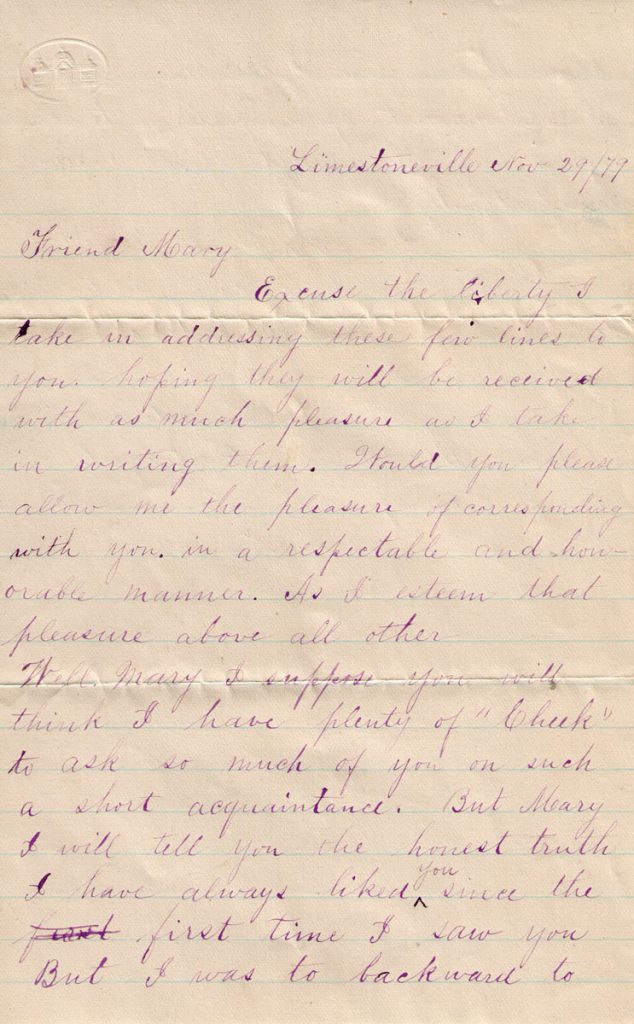
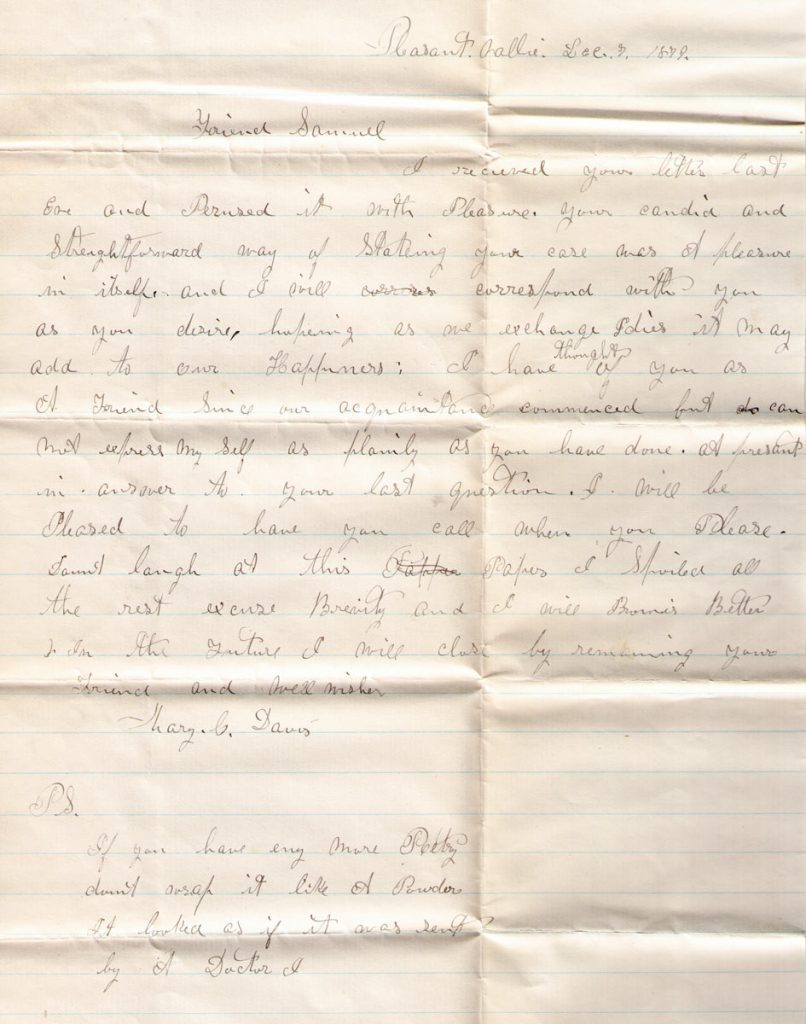
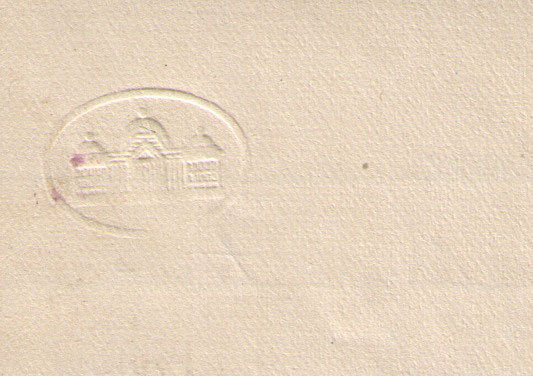
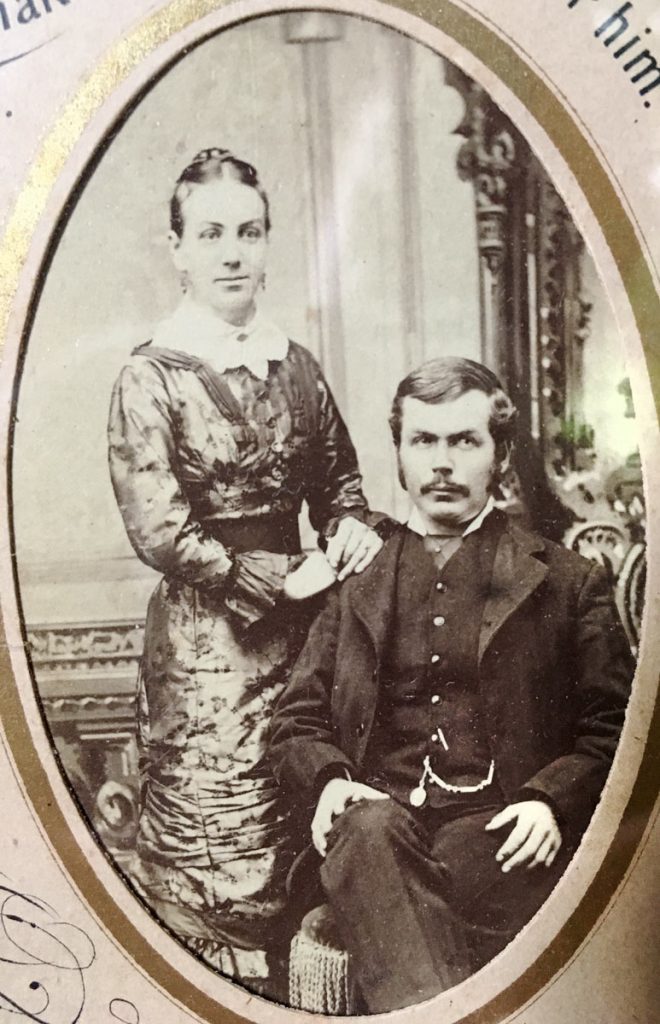
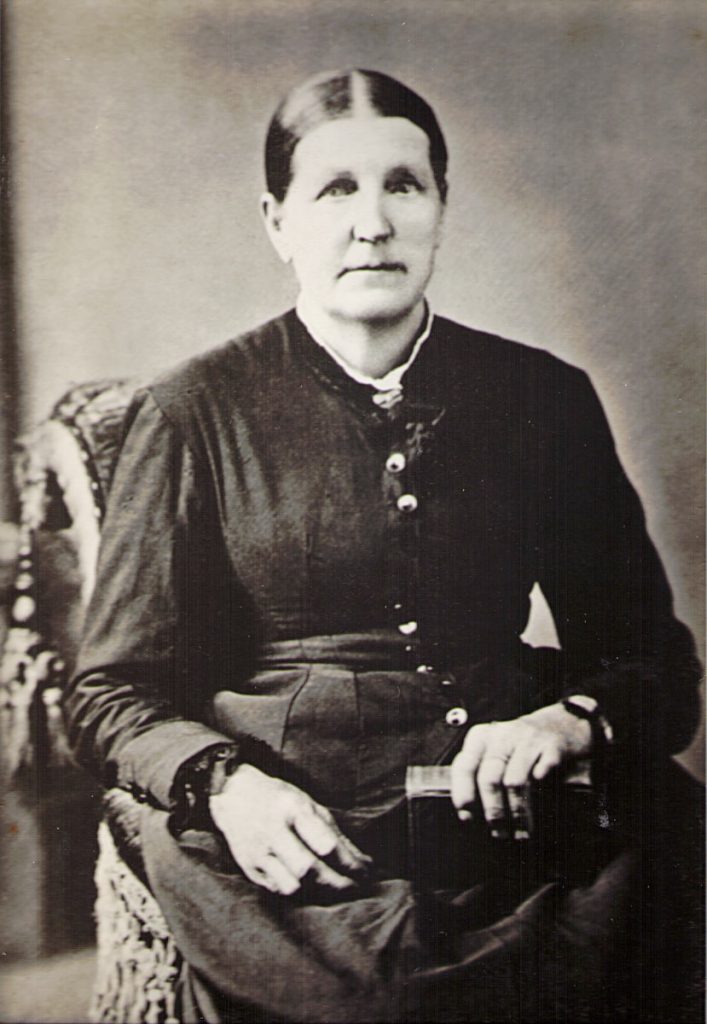
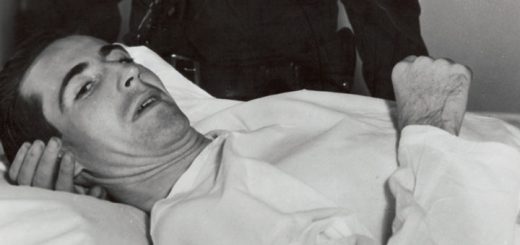
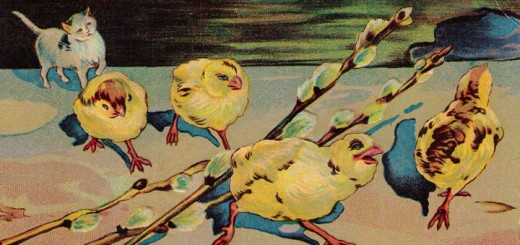
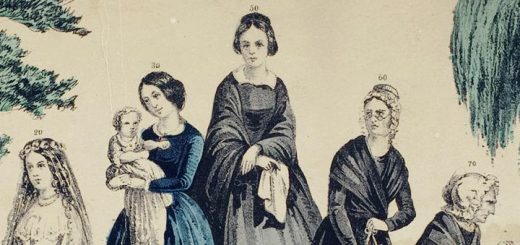









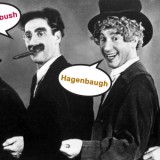


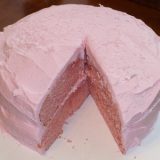
I don’t know if this article is about any of my family but my family comes from PA. My great great grandfather fought in the civil war. His name was Michael Sechler.